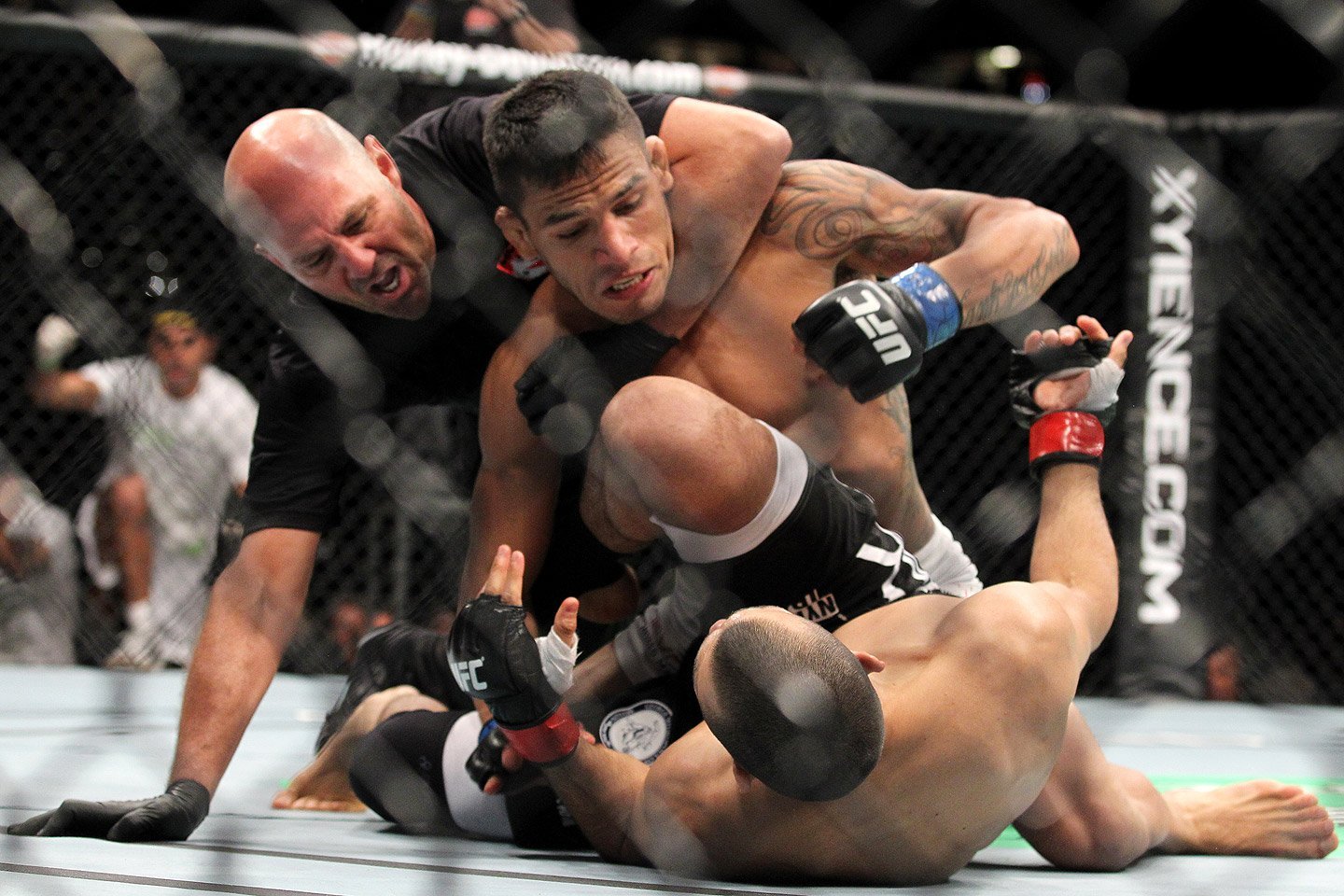
Homeostasis: Finding Balance for Mma Fighters
Introduction
In the world of mixed martial arts (MMA), athletes face rigorous training, intense competition, and physical demands that push their bodies to the limit. To perform at their best and avoid burnout or injury, MMA fighters must strive for balance and homeostasis—a state of equilibrium in which the body functions optimally. In this comprehensive guide, we will explore the importance of homeostasis for MMA fighters and provide strategies to help them find balance in their training, nutrition, recovery, and mental well-being.
Understanding Homeostasis and Its Impact on Performance
- What is homeostasis and why is it crucial for MMA fighters?
- The role of homeostasis in maintaining physical and mental health
- The consequences of imbalance and the impact on athletic performance
Training for Balance and Injury Prevention
- Balancing different training modalities: striking, grappling, and conditioning
- Periodization and planning to avoid overtraining and promote recovery
- Incorporating active recovery and rest days into training schedules
Nutrition for Optimal Performance and Recovery
- Understanding macronutrients and their role in fueling the body
- Balancing caloric intake with energy expenditure for weight management
- Optimizing nutrient timing for pre, during, and post-training sessions
Recovery Strategies for Enhancing Homeostasis
- Importance of sleep and its impact on recovery and performance
- Incorporating active recovery techniques: stretching, foam rolling, and mobility work
- Utilizing modalities such as cryotherapy, compression therapy, and massage
Managing Stress and Mental Well-being
- Recognizing the psychological demands of MMA and their impact on homeostasis
- Implementing stress management techniques: meditation, deep breathing, and visualization
- Seeking support from mental health professionals when needed
Monitoring and Assessing Homeostasis
- Understanding biomarkers and physiological indicators of homeostasis
- Using wearable technology and tracking devices to monitor training load and recovery
- Regular health check-ups and blood work to identify imbalances and address deficiencies
Enhancing Homeostasis with Supplemental Support
- Exploring supplements for performance, recovery, and overall well-being
- Understanding the benefits and potential risks of supplementation
- Consulting with a sports nutritionist or healthcare professional for personalized guidance
Creating a Holistic Approach to Homeostasis
- Integrating mindfulness and meditation practices into training routines
- Seeking a healthy work-life balance outside of MMA
- Building a support network of coaches, trainers, and teammates for accountability and encouragement
Conclusion
Achieving and maintaining homeostasis is essential for the overall well-being and performance of MMA fighters. By finding balance in training, nutrition, recovery, and mental well-being, athletes can optimize their performance, prevent injuries, and sustain long-term success in their careers. It is crucial for MMA fighters to prioritize self-care, listen to their bodies, and seek professional guidance when needed. By embracing a holistic approach to homeostasis, MMA fighters can find the equilibrium necessary to thrive in and outside of the octagon.
Creating a Supportive Environment
- Surrounding yourself with a strong support system
- Building relationships with coaches, teammates, and mentors
- Establishing open lines of communication for feedback and guidance
Mental Skills Training for Balance and Focus
- Developing mental resilience and emotional control
- Utilizing visualization techniques for performance enhancement
- Incorporating mindfulness practices to manage stress and improve focus
Injury Prevention and Rehabilitation
- Implementing proper warm-up and cool-down routines
- Incorporating strength and conditioning exercises for injury prevention
- Working with healthcare professionals for injury rehabilitation and recovery
Rest and Recovery Strategies
- Prioritizing quality sleep for physical and mental restoration
- Incorporating passive recovery methods such as massage and sauna
- Utilizing relaxation techniques to reduce stress and promote recovery
Managing Weight and Nutrition
- Understanding the importance of proper nutrition for performance
- Working with a nutritionist to develop a balanced meal plan
- Using weight management strategies that prioritize health and well-being
Developing a Periodized Training Plan
- Structuring training cycles to optimize performance and recovery
- Balancing high-intensity training with lower-intensity periods
- Incorporating cross-training activities to prevent overuse injuries
Sports Psychology and Mental Well-being
- Seeking support from a sports psychologist to address performance anxiety
- Utilizing mental skills training to improve focus and confidence
- Cultivating a positive mindset and resilience in the face of challenges
Balancing Life Outside of MMA
- Finding hobbies and activities to engage in outside of training
- Prioritizing relationships and social connections
- Creating a schedule that allows for downtime and self-care
Conclusion
Finding balance as an MMA fighter is a multifaceted endeavor that requires attention to physical, mental, and emotional well-being. By incorporating the strategies outlined in this comprehensive guide, athletes can optimize their performance, prevent injuries, and cultivate a healthy and sustainable approach to their sport. Remember, balance is a lifelong journey, and it requires ongoing self-awareness, adaptability, and support. By prioritizing homeostasis and finding equilibrium in all aspects of life, MMA fighters can achieve their full potential both inside and outside the cage.
[email protected]
- Homeostasis: Finding Balance for Mma Fighters - June 22, 2023


